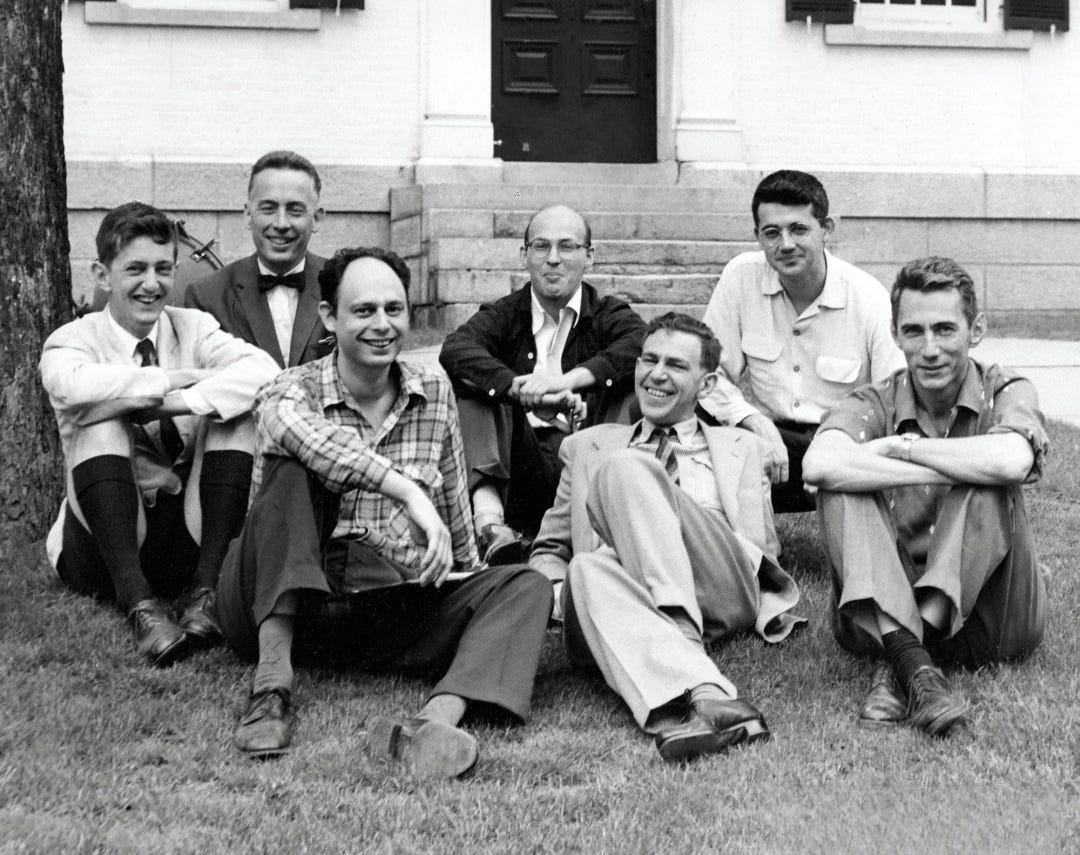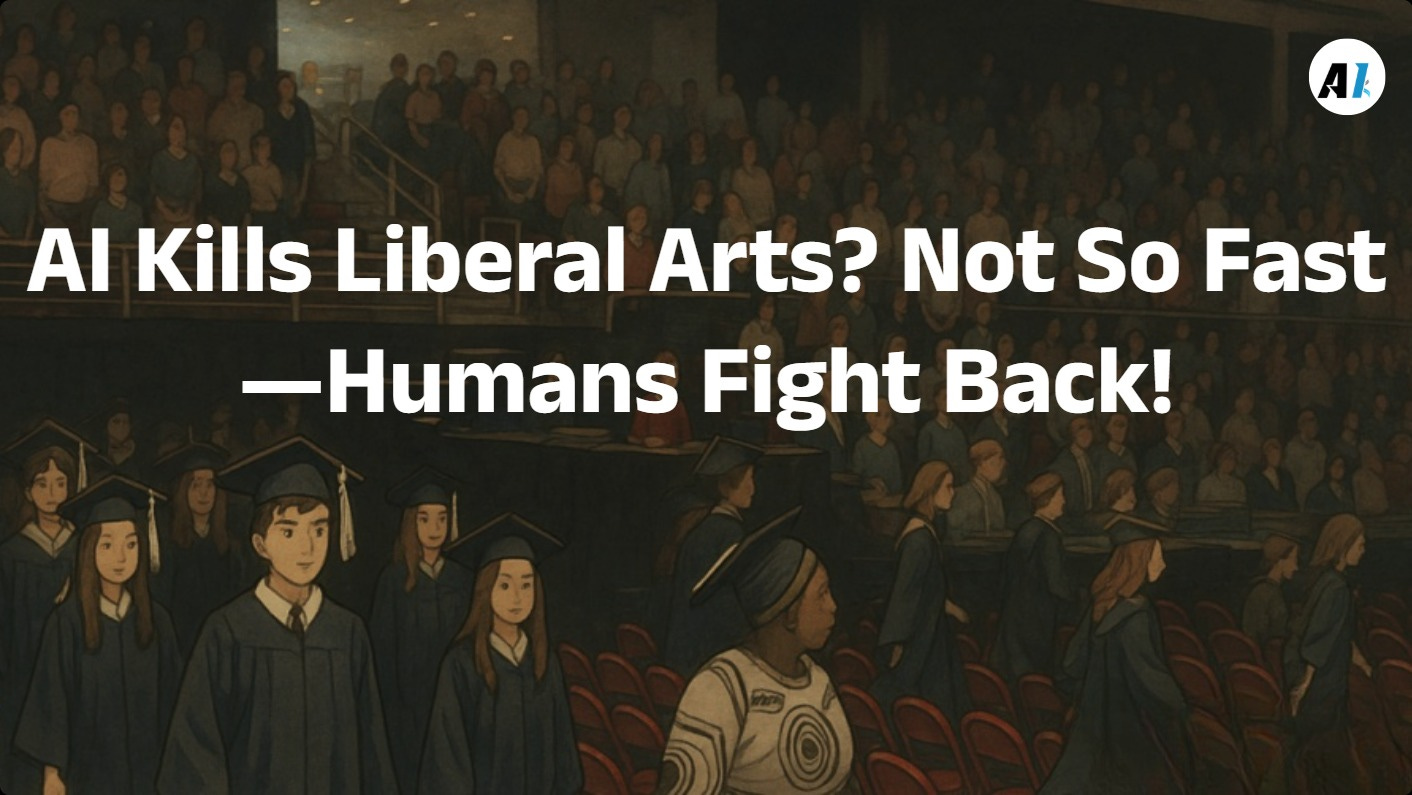AI Dooms Humanities? Algorithms Can't Read Minds—Humans Strike Back!
Liberal arts graduates thrive in the AI era with uniquely human skills—empathy, creativity, and emotional intelligence that AI can't replicate.
"AI Disruption" Publication 6700 Subscriptions 20% Discount Offer Link.
Imagine stepping out of school with a liberal arts degree just as the era of AGI dawns.
This is the reality that liberal arts graduates around the world are currently facing.
Even those developing AI cannot precisely predict its future trajectory.
But one fact is undeniable: no matter how powerful AI becomes, it is fundamentally not human.
Moreover, the emotional connections that humans can forge with one another are unique, and this is precisely the strength of liberal arts graduates.
Based on this logic, writer and Wired contributing editor Steven Levy conveyed this optimistic perspective during a commencement address at his alma mater, Temple University.
Is AGI Here?
Each generation faces its own historical challenges.
Every year, graduates grapple with uncertainty.
But the concerns facing today’s generation were unimaginable fifty years ago: the fear that AI might replace human jobs, rendering career aspirations meaningless.
Steven Levy’s connection to AI came relatively late.
It wasn’t until nearly a decade after graduation that he first truly used a computer.
In 1981, he was assigned by Rolling Stone magazine to write a story about computer hackers.
The topic excited and fascinated him, leading him to dive deeper into writing about this field.
He expanded that article into a book, Hackers: Heroes of the Computer Revolution.
Shortly after, he visited MIT and met Marvin Minsky.
Marvin Minsky was one of the earliest pioneers of the concept of artificial intelligence, first discussing AI at the Dartmouth Conference in 1956.

He and his peers at the time believed that within a few years, computers would think like humans.
This optimism or naivety became a running joke in the tech world for decades.
Advanced AI was always “ten years away” or “twenty years away,” like a sci-fi fantasy.
This remained true well into the 2000s.
But in this century, computer scientists have made breakthroughs in so-called “deep learning,” propelling AI’s rapid development.
In 2017, the Transformer was born. This was another major breakthrough, opening the door to the era of generative AI.
Soon after, astonishingly large language models like ChatGPT emerged.
Suddenly, AI was truly here.
During his years at Wired, Levy spent much of his time speaking with top AI experts and writing related reports.
Some called their work “the last invention.”




